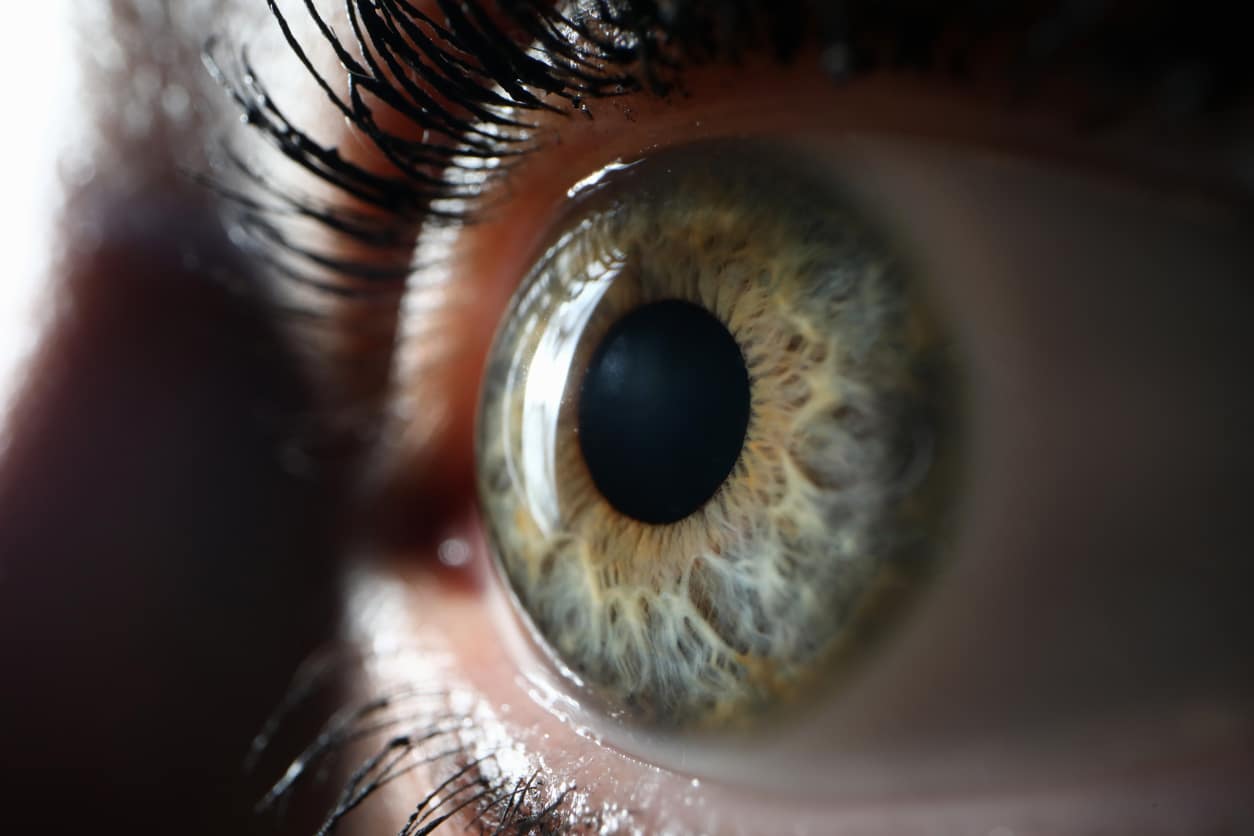
Sign up for smart news, insights, and analysis on the biggest financial stories of the day.
There’s plenty of companies out there offering a vision for the future, but not as many actually giving people vision here and now.
On Monday, France’s GenSight Biologics published breakthrough results for a high-tech optogenetics treatment that restored limited vision to a 58-year-old man once thought irreversibly blind.
Let There Be Light
For those of us without a doctorate, optogenetics is a technique of genetically modifying nerve cells so they can respond to light. Widely used in lab testing, it allows researchers to use targeted light to control individual nerve cells, yielding insights into Parkinson’s, depression, and more.
But outside the lab, scientists have worried the field has limited uses. After all, getting light into the head requires implanting a fibre optic cable (Verizon Fios not useful here).
That physiological constraint has led some biotech firms to shine a light on a more accessible part of the head. French firm GenSight Biologics just reported the first recipient of its optogenetics treatment – involving a gene injection into the eye.
- To help repave the eye-to-brain superhighway, patients were fitted with state-of-the-art goggles that transform images into pulses the gene therapy protein responds to.
- After treatment, one patient was able to visually locate various objects on a table after previously being completely blind.
- And NYC’s Bionic Sight announced in March that 4 blind people in a clinical trial are now able to detect light and motion after a similar treatment.
All patients had advanced cases of retinitis pigmentosa, a hereditary disease afflicting more than 2 million people globally. It causes the breakdown of photoreceptor cells in the retina, which convert the light we see into electrical signals our brains can read.
The Bright Side: While some doctors argue the 70 various gene mutations retinitis pigmentosa can manifest are too difficult to account for, optogenetics is, as clinical director of the National Eye Institute Dr. Brian Brooks puts it, “gene-agnostic,” or able to treat the disease regardless of the specific gene mutation.











